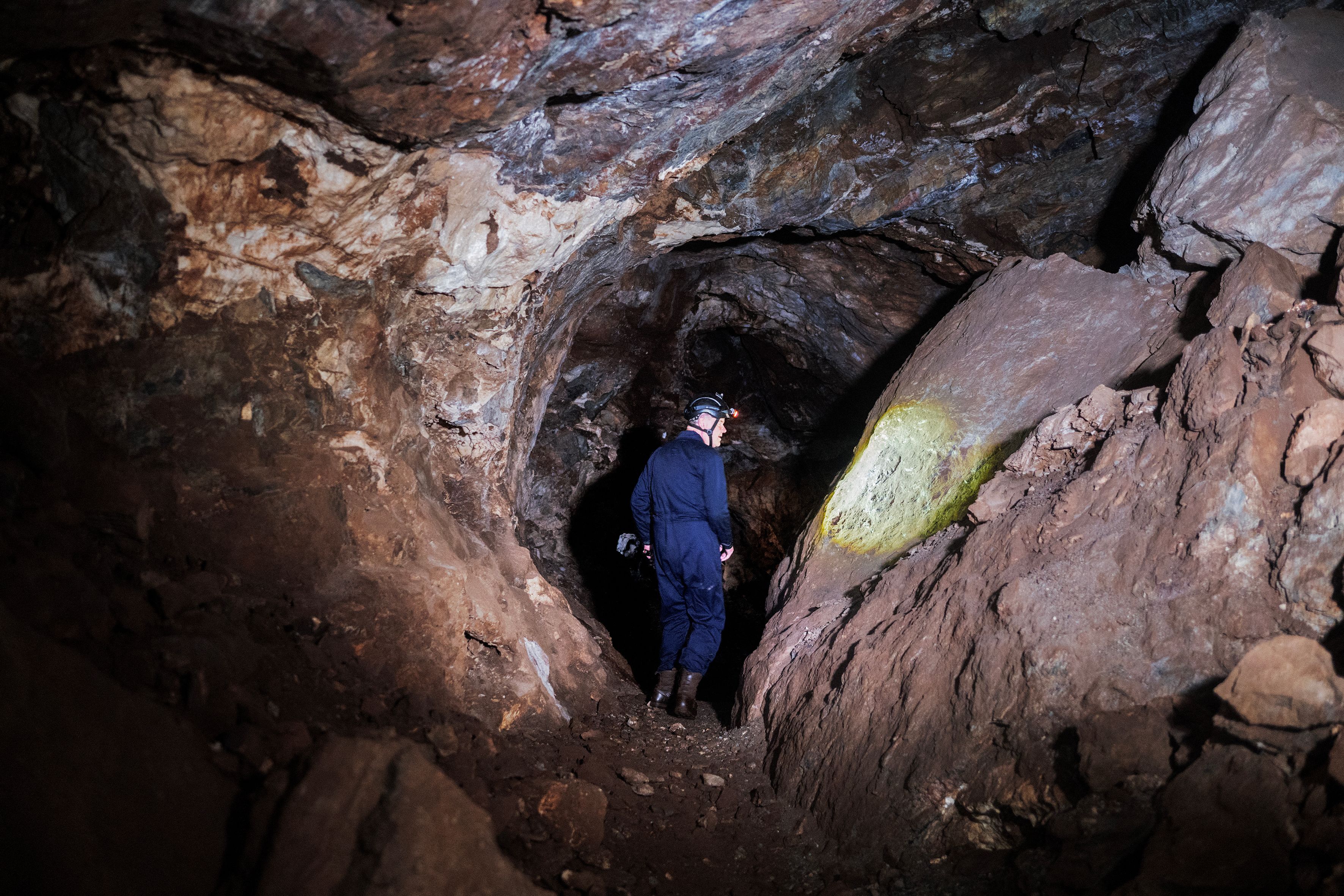Anthropology
Related: About this forumHomo naledi were burying their dead at least 100,000 years before humans
Ars Technica
Jennifer Ouellette - 6/5/2023, 2:00 PM
Some 25 miles outside of Johannesburg, South Africa, there is a famous paleoanthropological site known as the Cradle of Humankind. So many hominin bones were found in the region that it was designated a UNESCO World Heritage site in 1999. Among the many limestone caves in the region is the Rising Star cave, where cavers discovered fossils representing a new hominin species, Homo naledi, in 2015. Only H. naledi remains were found in the cave, suggesting the possibility that the bodies had been placed there deliberately, although this hypothesis proved to be a bit controversial.
Now the same expedition team has announced the discovery of H. naledi bodies deposited in fetal positions, indicating intentional burials. This predates the earliest known burials by Homo sapiens by at least 100,000 years, suggesting that brain size might not be the definitive factor behind such complex behavior. The team also found crosshatched symbols engraved on the walls of the cave that could date as far back as 241,000–335,000 years, although testing is still ongoing.
Taken together, the discoveries provide evidence of a major cognitive step in human evolution in terms of mortuary practices and meaning-making. The team described these new findings during a virtual press conference and in three new preprints posted to the BioRxiv, which will be published later this year in the journal eLife.
"I think we are facing a remarkable discovery here of hominids with brains a third the size of living humans, and slightly larger than chimpanzees, burying their dead—something previously only found in large-brained hominids—as well as etching meaning-making symbols on the wall," said Lee Berger, a paleoanthropologist and National Geographic Explorer in Residence who leads the Rising Star Project. "This would mean not only are humans not unique in the development of symbolic practices, but [they] may not even have invented such behaviors."
https://arstechnica.com/science/2023/06/anthropologists-find-evidence-that-homo-naledi-buried-their-dead-used-symbols/
Karadeniz
(24,725 posts)Judi Lynn
(164,049 posts)Remains in a South African cave system predate the oldest known human burials by about 160,000 years or more
Will Sullivan
June 7, 2023 3:46 p.m.

Paleontologist Lee Berger, who led the new research, walks in the Rising Star cave system in South Africa, where the possible burial sites were uncovered. Luca Sola / AFP via Getty Images
The ritual of burying the dead could be much older than thought: In South Africa’s Rising Star cave system, paleontologists found what they say is a burial site of our ancient ancestors, Homo naledi, according to new research.
If confirmed, it would mean these extinct human relatives intentionally buried their dead long before Homo sapiens did. Previously, only humans and Neanderthals have been known to bury their dead.
The study was posted on the preprint server bioRxiv on Monday. This and two other papers describing the findings are currently under peer review at the journal eLife, a journal spokesperson tells the New York Times’ Carl Zimmer.
Rick Potts, a paleoanthropologist at Smithsonian’s National Museum of Natural History who was not involved with the study, isn’t yet convinced by the findings. “There’s still a lot to uncover,” he tells Maddie Burakoff of the Associated Press (AP).
However, other scientists are more persuaded by the new research. “I might have been one of those people who’s been skeptical about the idea that a small-brained creature like Homo naledi could be going deep into the cave to dispose of its dead,” Chris Stringer, an anthropologist at the Natural History Museum in London who did not participate in the research, tells National Geographic’s Kristin Romey. “But I have to say, on the amount I’ve seen so far, that yes, it does change my view on the balance of probability.”
More:
https://www.smithsonianmag.com/smart-news/ancient-human-relatives-may-have-buried-their-dead-180982308/